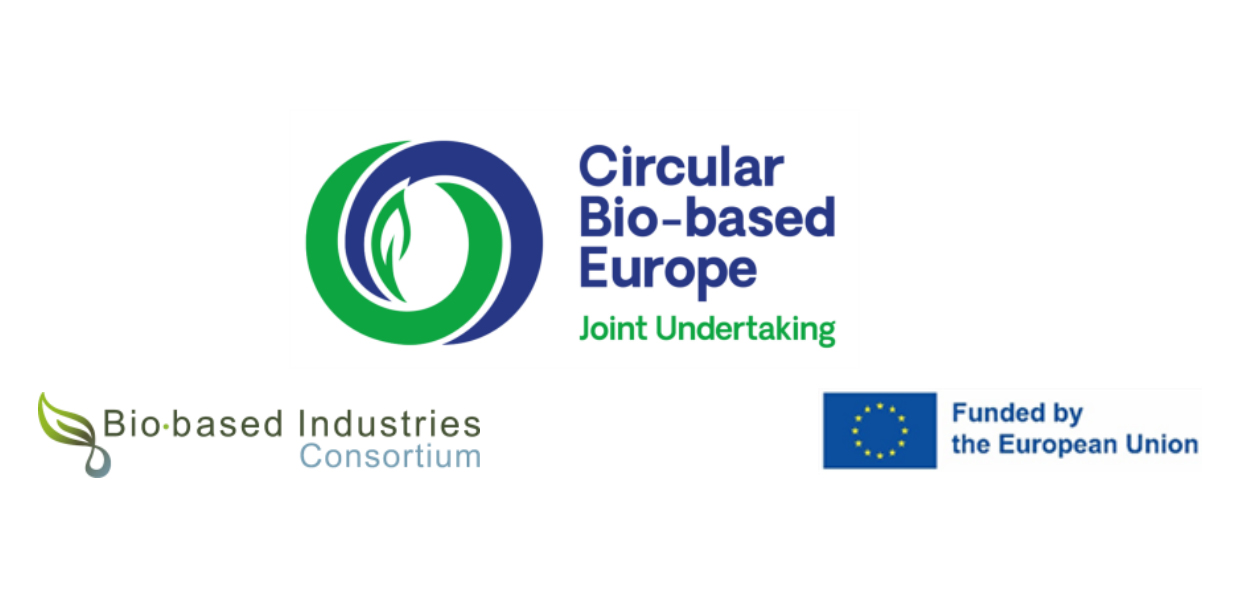CUBIC Project Leads the Shift Toward Circular Bio-Based Composites
BY Composights
Published: 02 Nov 2025
The EU-funded CUBIC project is setting a new direction for the composite materials
industry by focusing on sustainability and circularity. This is a research
& innovation project funded by Circular Biobased Europe Joint Undertaking (CBE-JU) under Horizon Europe, the
European Union s Framework Programme for Research and Innovation. It aims to
develop bio-based, fully recyclable thermoset thermoplastic
composite structures using renewable
feedstocks such as lignin and
vegetable oils.
Designed to match the performance of conventional
composites, these materials target real-world
applications like Type IV hydrogen storage vessels and automotive seats.
Through design-for-recycling and de-manufacturing strategies, the project
underscores Europe s commitment to creating a circular, eco-efficient composite
value chain for mobility and energy sectors.
With a duration of 42
months and a budget of almost 4.7
million Euros, the project held its kick-off meeting at Aitiip facilities in Spain. These new
materials, 100% recyclable by design,
will be manufactured as B2B intermediate semi-finished products that can be
used either individually or assembled in the final end-user product.
The project also aims at the easy adoption of the developed new materials by the market, enabling the decentralisation of the European manufacturing industry and boosting a twin green and digital transformation. To make that happen, CUBIC will initially investigate the development of novel biobased materials, mainly from lignin and vegetable oils, in order to design the new B2B intermediate or semi-finished products. Furthermore, the project will apply a specific sustainable circular-by-design end-products approach, that substitutes current complex non-circular alternatives.

This will be achieved by exploring self-reinforcement and dynamic chemistry technologies to allow the combination of different B2B intermediates in the same manufacturing process, where prototypes will be validated and tested. The latter will be implemented on two end-products or specific applications: a type IV H2 gas storage Vessel and an automotive seat, which will satisfy the technical and environmental requirements. The project will also demonstrate the de-manufacturing, recycling and valorisation of the components. CUBIC will deploy assessments regarding life cycle, cost and social methodologies as well as digital tools in order to improve the biobased materials and the manufacturing process for a better product design quality and process efficiency prediction. During the whole duration, CUBIC will establish and implement an updated and adapted plan for its exploitation, dissemination, communication and training activities. The overall activities that will be developed during the project execution will be consequently supported by coherent and smooth coordination as well as data management for interoperability following FAIR principles and ethics.
The project consortium, led by Aitiip, consists of 13 partners with complementary competencies, including 6 industrial partners (Specific Polymers, Comfil, Carbotainer Proyectos, Moses Productos & Q-PLAN as small and medium enterprises and Novamont as a large company), 6 Research & Technology organisations (Aitiip, Centexbel, Cidetec, Idener, DITF, Circe) and 1 Academic organisation (Limerick University).The undertaking involves 8 European countries (ES, FR, IE, BE, DK, DE, IT, GR).










